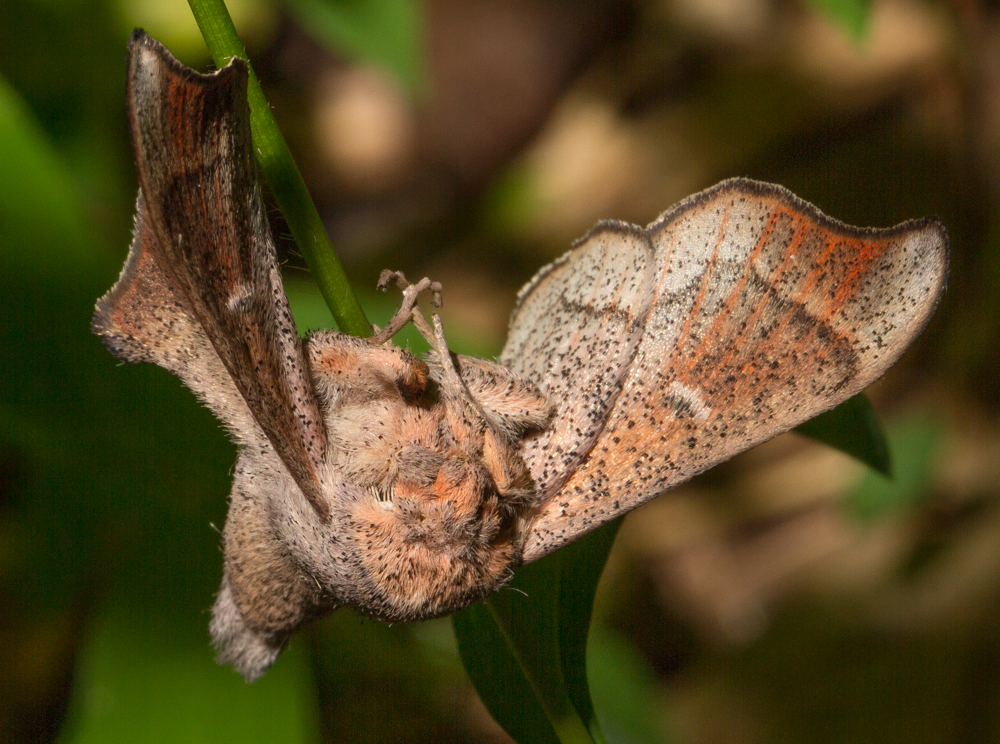A New Species of Morrisonia (Noctuidae) From Southeastern North America
A New Species of Morrisonia (Noctuidae) From Southeastern North America
ABSTRACT: We describe Morrisonia triangula, (Noctuidae: Hadeninae: Orthosini) from material collected from Virginia to Texas. Illustrations of adults and their genitalia are provided. The generic placement is discussed.
